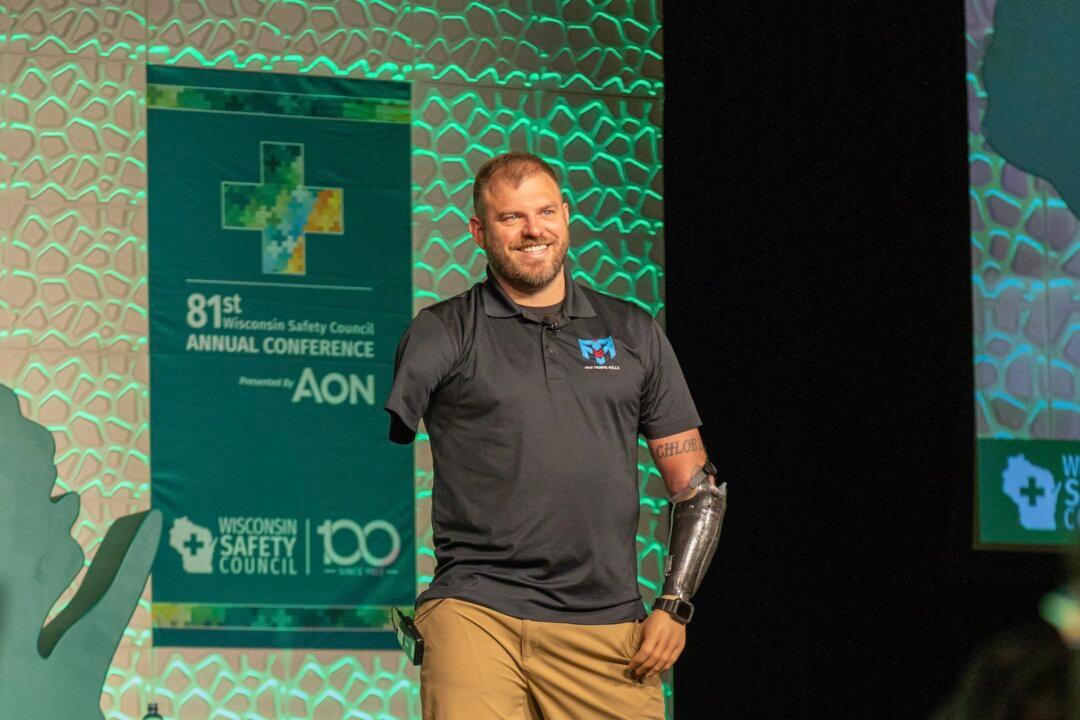How Travis Mills survived is nothing short of a miracle. It was April 10, 2012. The Army Staff Sergeant of the 82nd Airborne was on his third deployment to Afghanistan. One false move. One IED. Four lost limbs.
Nearly 12 years later, the wounded veteran turned bestselling author, businessman, and international inspiration has assembled advice in his latest book “Bounce Back: 12 Warrior Principles to Reclaim and Recalibrate Your Life” in order to guide people through the struggle of trauma and tragedy, and toward healing and purpose. If anyone on this planet understands hardship and struggle, it is Travis Mills―which is why in his latest book he isn’t focusing solely on his personal tragedy.






